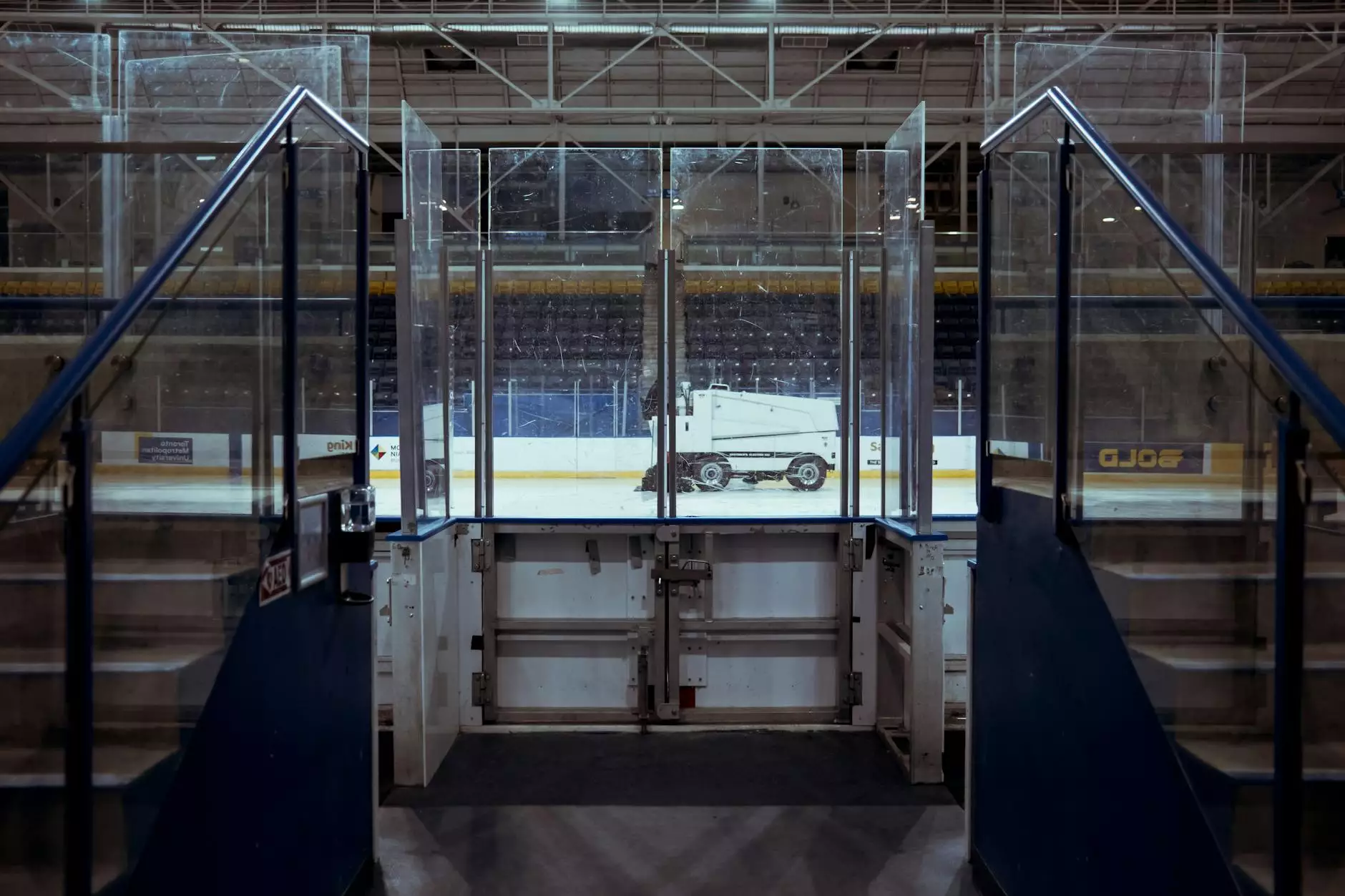Concrete Pool Resurfacing Near Me: Everything You Need to Know

If you're a pool owner, you know that maintaining your pool is crucial for both its aesthetics and functionality. Over time, the surface of your pool can become worn out and damaged, leading to unsightly stains, cracks, and a rough texture that can turn pool time from a pleasure into a chore. This is where concrete pool resurfacing near me comes into play. In this article, we will explore the many facets of pool resurfacing, including its benefits, the procedure, and why you should consider it for your home.
The Importance of Concrete Pool Resurfacing
Concrete pool resurfacing is not just about enhancing the visual appeal of your swimming area. It’s an important maintenance task that ensures the longevity of your pool. Here are some reasons why you should consider resurfacing:
- Increased Lifespan: Regular resurfacing can significantly extend the life of your pool, preventing further damage.
- Improved Safety: A smooth, properly finished surface is safer for swimmers, reducing the risk of cuts and scrapes.
- Enhanced Aesthetics: Resurfacing gives your pool a fresh, new look that can elevate your backyard's overall appearance.
- Increased Property Value: A well-maintained pool is a great asset that can increase the value of your home.
- Better Water Quality: Resurfacing helps create a more stable environment for your pool, allowing for more efficient chemical distribution and less algae growth.
Signs Your Pool Needs Resurfacing
Recognizing the signs that your pool needs resurfacing is crucial. Here are some indications that it might be time for you to search for concrete pool resurfacing near me:
- Stains and Discoloration: Over time, pools can develop persistent stains that won’t wash away.
- Cracks or Chips: Visible damage in the surface indicates that it’s time for a professional inspection and possible resurfacing.
- Rough Texture: If the surface feels rough to the touch, it could be a safety hazard for swimmers.
- Peeling or Blistering: These are signs that the surface material is failing and needs to be removed and replaced.
- Increased Chemical Use: If you find yourself using more chemicals to maintain your pool's cleanliness, it may be due to surface deterioration.
Understanding the Concrete Pool Resurfacing Process
The concrete pool resurfacing process involves several steps that ensure a high-quality finish. Here’s a detailed breakdown of what to expect:
1. Assessment and Preparation
The resurfacing process begins with a thorough assessment of your pool. Professionals will examine the structure for any serious damage that might need repair before resurfacing. After this, the pool will be drained, and all debris will be cleaned out.
2. Surface Repair
If any cracks, chips, or defects are found, they will be repaired during this step. It’s crucial to address these issues before proceeding with resurfacing to prevent future complications.
3. Resurfacing Application
Once repairs have been completed, the resurfacing material will be applied. This can be done using different techniques, including spray-on, troweling, or rolling, depending on the chosen material. The most common materials used are:
- Acrylic-Based Resurfacing: A cost-effective and colorful option that allows for customization.
- Aggregate Finishes: Combines durability with an attractive appearance, often using pebbles or quartz.
- Plaster: A traditional choice, plaster offers a smooth finish and can be tinted for color.
4. Curing and Maintenance
After application, the new surface needs to cure properly, which can take several days. During this period, it’s crucial to restrict access to prevent damage. Once cured, your pool will require regular maintenance to ensure the new surface lasts.
Choosing the Right Contractor for Your Pool Resurfacing Project
Finding the right contractor is essential for a successful resurfacing project. Here are some tips to help you choose:
- Research Local Options: Search for concrete pool resurfacing near me and compile a list of potential contractors.
- Check Reviews and References: Look for customer feedback and ask for references from previous clients.
- Verify Credentials: Ensure the contractor is licensed and insured to protect yourself against liabilities.
- Get Multiple Quotes: Obtain several estimates to compare pricing and services offered.
- Discuss Warranty: A reputable contractor should provide a warranty for their work, giving you peace of mind.
The Cost of Concrete Pool Resurfacing
The cost of resurfacing a concrete pool can vary based on several factors, including the size of the pool, the materials used, and the contractor’s rates. On average, you might expect to pay anywhere from $3,000 to $7,000 for a complete resurfacing job. It’s advisable to get multiple quotes and discuss your needs in detail with your chosen contractor to understand what to expect in your specific situation.
Aftercare and Maintenance for Resurfaced Pools
Post-resurfacing care is critical to ensure the longevity of your new pool surface. Here are some essential maintenance tips:
- Routine Cleaning: Keep the pool clean by regularly skimming debris and vacuuming the bottom.
- Monitor Chemical Levels: Check and balance chlorine, pH, and alkalinity levels frequently.
- Prevent Algae Growth: Use algaecides as needed to prevent the growth of algae on the new surface.
- Frequent Inspections: Regularly check for signs of wear or damage and address them promptly.
Conclusion: Invest in Your Pool’s Future
Resurfacing your pool is a significant investment that can pay off in the long run through enhanced safety, improved aesthetics, and increased property value. If you're searching for concrete pool resurfacing near me, remember to choose a reputable contractor who will provide high-quality workmanship. Here at Des Moines Pool Renovation, we pride ourselves on offering the best services tailored to your specific needs. Transform your pool into the oasis you’ve always dreamed of!
For more information on our services or to schedule a consultation, visit us at Des Moines Pool Renovation.









